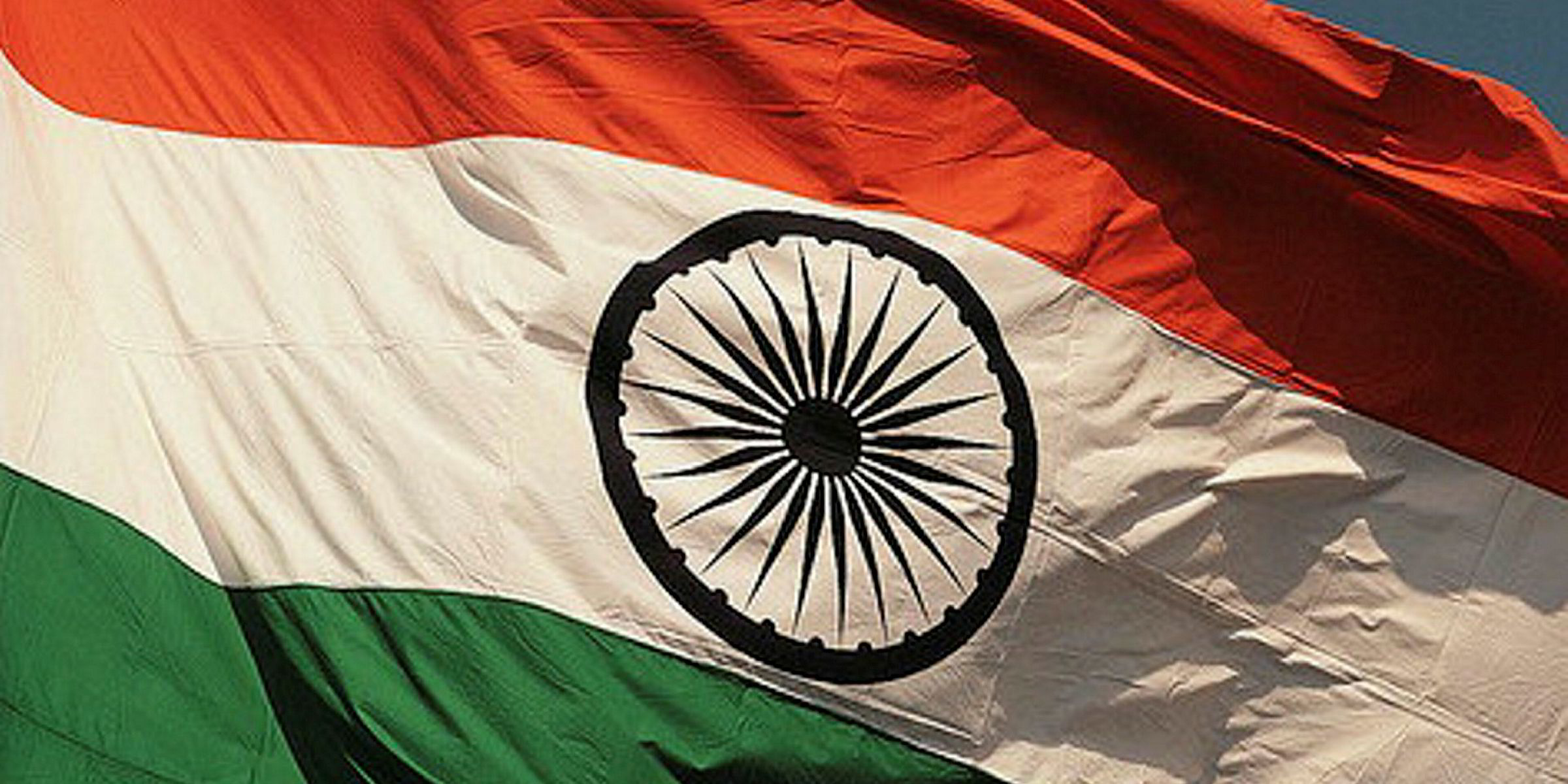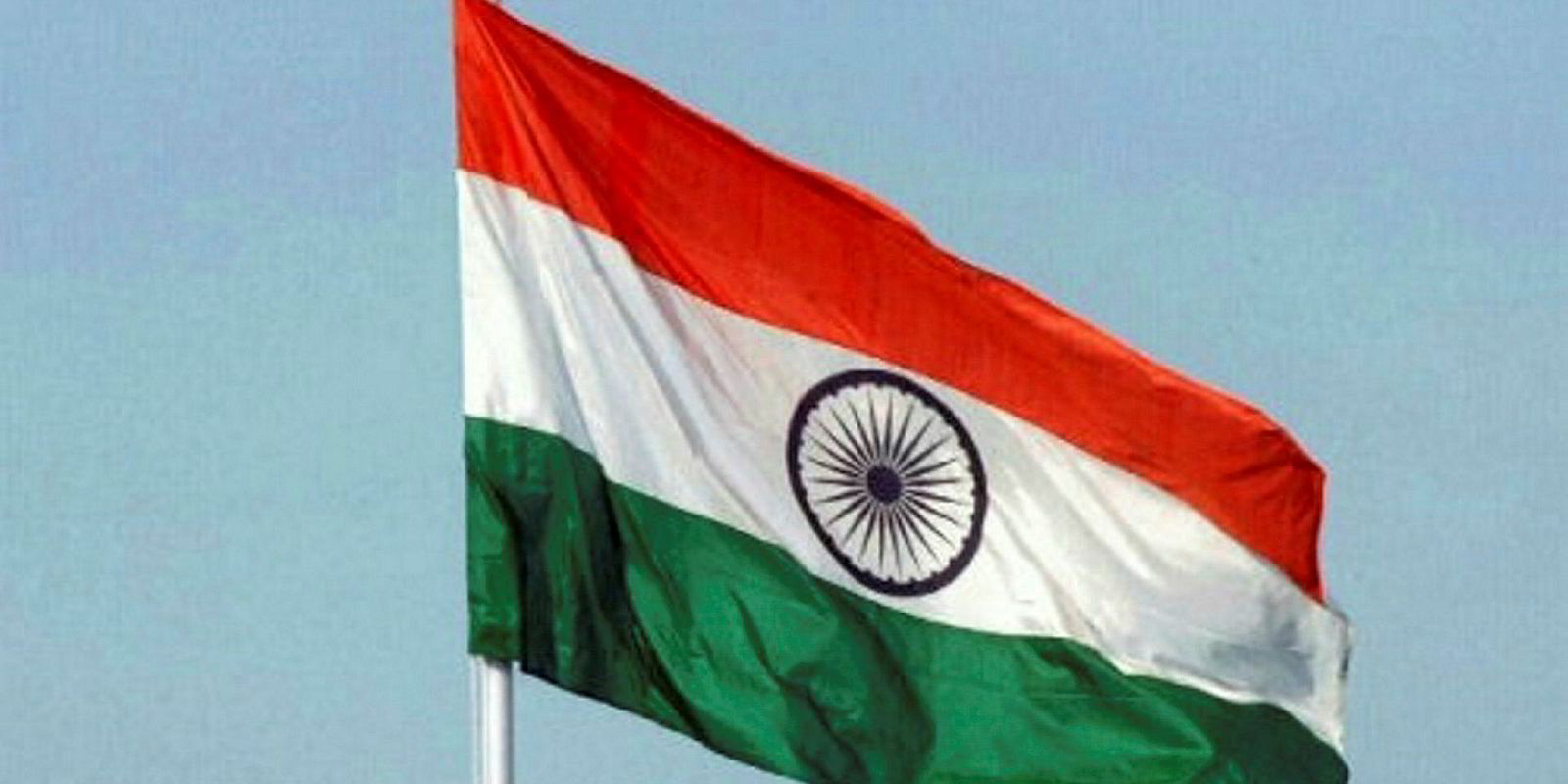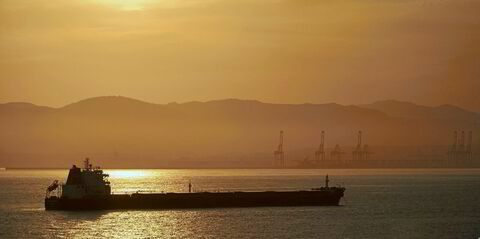The Indian government’s move to relax cabotage benefits is a “welcome step” as it will “level the playing field,” a local source tells TradeWinds.
A recent change in laws lifted restrictions on foreign registered vessels transporting loaded or empty containers between Indian ports.
The government is also planning to scrap the right of first refusal (RoFR) that gives a domestic owner the right to match the lowest bid offered by a foreign firm.
“Despite the RoFR , the Indian shipping industry has not able to compete with foreign shipping lines ,” said Captain Vivek Singh Anand, who is president of the Maritime Association of Nationwide Shipping Agencies (Mansa).
“Their participation remain s low in all segments of the export-import trade. ”
He dismissed as “empty threats” the recent news report that Indian shipowners unhappy with reduced cabotage benefits were considering leaving the domestic register.
“They are not going to do anything as India is an established place of business for them,” Anand, who is also a director at Japan's NYK Lines, told TradeWinds.
Local companies say the move to abolish RoFR will dent their revenues sources, adding to the insecurities of working in the unstructured Indian market.
“Open up the ports and shipping sector”
The government should open up ports and shipping the way the general economy was opened up in the 1990s, Anand said, which took India to becoming the seventh largest economy in the world.
“India is a unique peninsula coastal line and we need to come up with independent solutions for the ports and shipping infrastructure, ” he said.
The Indian shipping industry needs “ bold reforms to overhaul regulatory policy ” to develop Indian tonnage, as despite the previous protectionist policies the share of Indian ships carrying international cargo decreased significantly, Anand told TradeWinds.
India is currently overwhelmingly dependent on foreign operators, especially on imports for energy needs. In the early 1980s, about 65% of shipping was manned, managed or oper ated by Indians, which has r educed to around 7% at present, Anand said.
This article has been amended since publication to reflect that Anand was speaking in his capacity of Mansa official.




